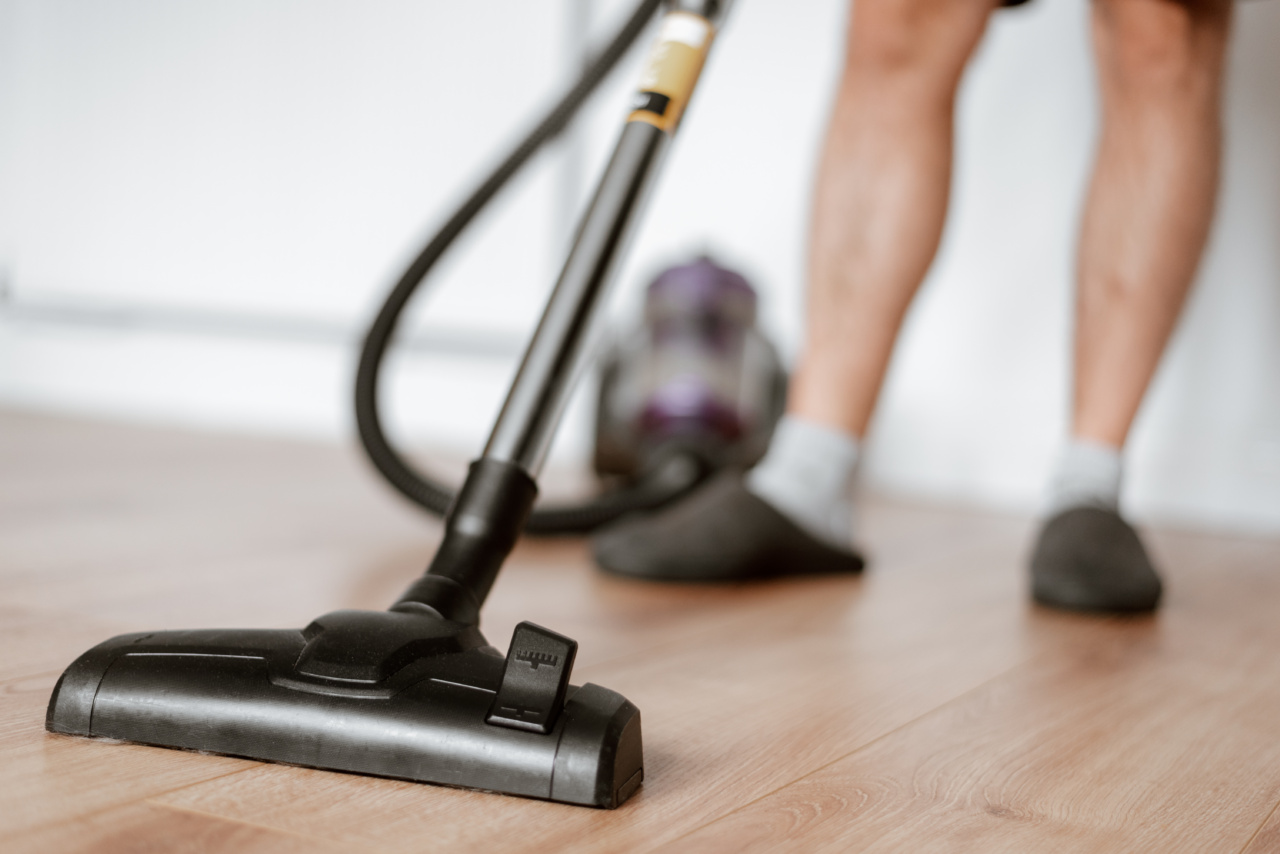Getting a good night’s sleep is important for your physical and mental health.
A lack of restful sleep can cause mood swings, irritability and can lead to more serious health problems such as hypertension, obesity, and heart disease, just to name a few.
Here are 7 strategies that you can use to improve your sleep hygiene and ensure that you get the rest your body needs to stay healthy.
1. Stick to a Regular Sleep Schedule
Try to go to bed and wake up at the same time every day, even on the weekends. This will help regulate your body’s internal clock.
If you need an alarm to wake up in the morning, consider using it to help you remember to go to bed at the same time each night too.
2. Follow a Relaxing Bed Time Routine
Before bed, try to turn off your electronic devices and read a book, take a warm bath or do some other relaxation routine to help you wind down from the day’s stress.
Avoid anything that might cause stress or anxiety, such as work emails or intense conversations.
3. Create a Sleep-Conducive Environment
Determine what temperature, lighting and noise level help you sleep better and make sure your sleep environment is set up accordingly.
Experiment with blackout curtains, earplugs or a white noise machine to help create the perfect environment for your optimal sleep.
4. Invest in a Comfortable Mattress and Pillows
While it may be tempting to choose a budget-friendly mattress or pillows, investing in a comfortable one can make all the difference when it comes to getting a good night’s rest.
Choose high-quality materials and seek out trusted brands that offer a money-back guarantee or warranty so that you don’t have to worry if you’re not satisfied.
5. Limit Stimulants Before Bedtime
Caffeine, alcohol, and nicotine all act as stimulants that can interfere with getting a restful sleep. Cut back on these substances or avoid them entirely, especially in the hours leading up to bedtime.
Choose calming herbal teas or other non-alcoholic, non-caffeinated beverages instead.
6. Get Regular Exercise
Exercise can not only help you feel better physically, but it can also have positive effects on your mood and sleep patterns. Ideally, you should get at least 30 minutes of moderate to rigorous exercise every day.
Just avoid exercising too close to bedtime because that extra adrenaline can take time to wear off.
7. Manage Stress Effectively
Stress can have a major impact on your sleep quality. Find ways to manage stress effectively, such as through deep breathing exercises, yoga, meditation or other relaxation techniques.
It may also be helpful to engage in creative, stress-reducing activities such as painting, writing or listening to music before going to bed.
Hopefully, these tips will help you improve your sleep hygiene and get the restful sleep that your body needs to stay healthy and happy.































